When Jack Black got in front of a classroom of kids as substitute teacher Ned Schneebly in the 2003 comedy, School of Rock, he was preaching sentiments about rock ‘n’ roll that had not only been echoed by himself in real life but also by countless rockstars from decades prior. What was inarguably a massive advancement in mass music consumption also had its downsides.
Videos by American Songwriter
According to Black and his School of Rock character, the majority of those downsides came from a certain television network.
Jack Black On What Really “Killed” Rock ‘n’ Roll
School of Rock follows a failing musician, Dewey Finn, who is pretending to be his roommate, Ned Schneebly, a substitute teacher Horace Green prep school believed they hired. Finn eventually enrolls his class in a local battle of the bands and teaches them the ways of rock ‘n’ roll, including plenty of impassioned speeches and guitar licks. One such speech was about “the man,” about which Finn lamented, “There used to be a way to stick it to the Man. It was called rock ‘n’ roll. But guess what? Oh, no. The Man ruined that, too, with a little thing called MTV!”
Three years after the film came out, Black was saying the same thing during a 2006 interview with Rolling Stone. He started with a caveat about MTV. Not every artist suffered because of the music video television network. “MTV was good for good-looking bands. But obviously, some of the best musicians and rockers are butt ugly. So, as soon as you cut away all of those people, your music is automatically half as good as it used to be. I’m thinking I should make MTV ugly. MTV for ugly bands. I’m always impressed with a band that gets by without being superpretty.”
In 2004, editor-in-chief of Hits magazine, Leonard J. Beer, raised another interesting point about the veiled aspect of rock ‘n’ roll that MTV eliminated. “You had to go to a concert to see someone,” he told PBS. “To pull the veil of mystery away and go see the Rolling Stones or the Doors or David Bowie or some of the incredibly exciting things, Pink Floyd. With MTV taking away that veil, you get to see everybody. There isn’t that much mystery anymore.”
Interestingly, MTV Could Hurt Rockers In Other Ways, Too
Jack Black and Leonard Beer’s musings on MTV raise interesting questions about the connection between an artist and their audience and the factors that can contribute to how special it does (or doesn’t) feel. But other instances in rock ‘n’ roll history raise other questions, like whether MTV helped negate someone’s hard rock credibility due to the network’s preference for flashy, pop-oriented visuals. One could certainly argue that was the case for Billy Squier, whose 1984 music video for “Rock Me Tonite” effectively alienated a large majority of his fan base and nearly tanked his career.
Before MTV, the most interactions an audience had with an artist were while the artist was actively performing—in Squier’s case, singing and rocking out on guitar. With the introduction of music videos like the one for “Rock Me Tonite,” suddenly, musicians were acting through a narrative. They were dancing, writhing on satin sheets, and generally behaving much differently than they would on stage. For Squier’s fan base, the transition was intolerable. Record sales plummeted following the video’s poor critical reception. While Squier wouldn’t fall out of the industry altogether, the experience stunted what was an otherwise successful career.
Video killed the radio star, but one could argue MTV killed the rock star.
Photo by Gary Miller/FilmMagic

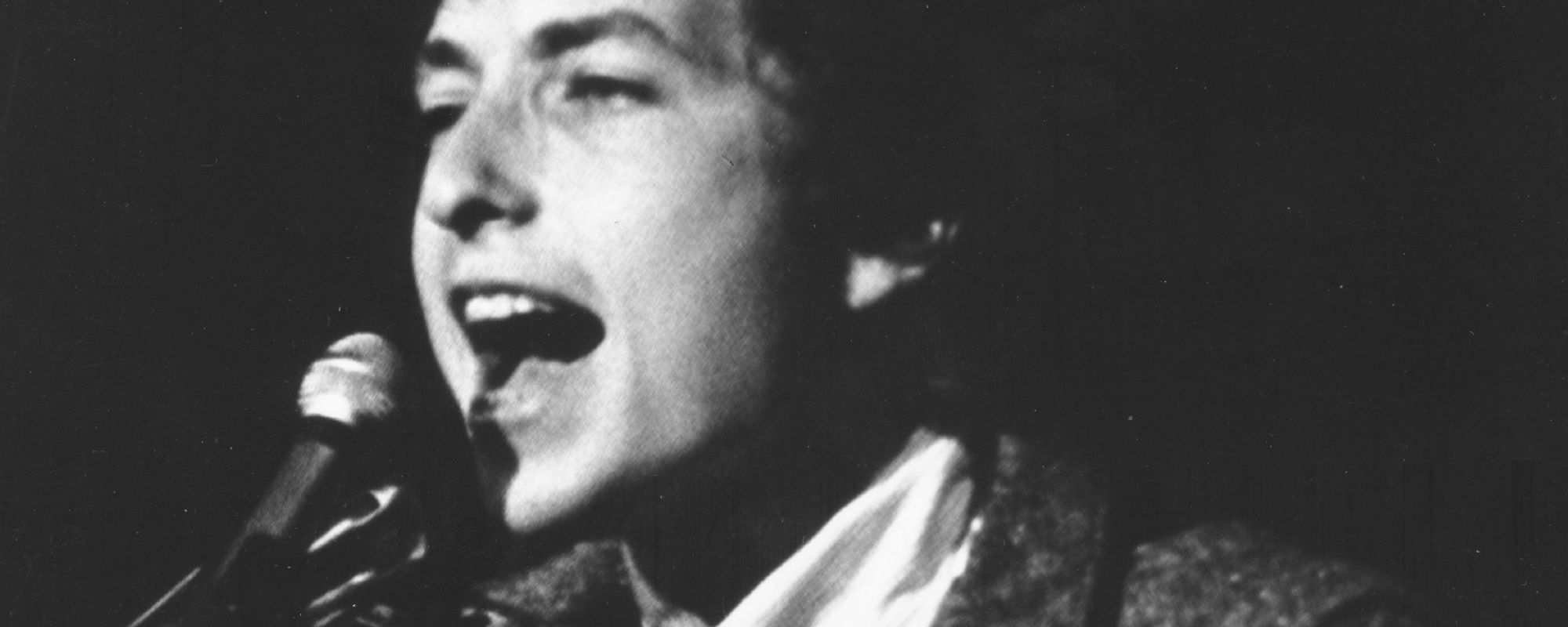
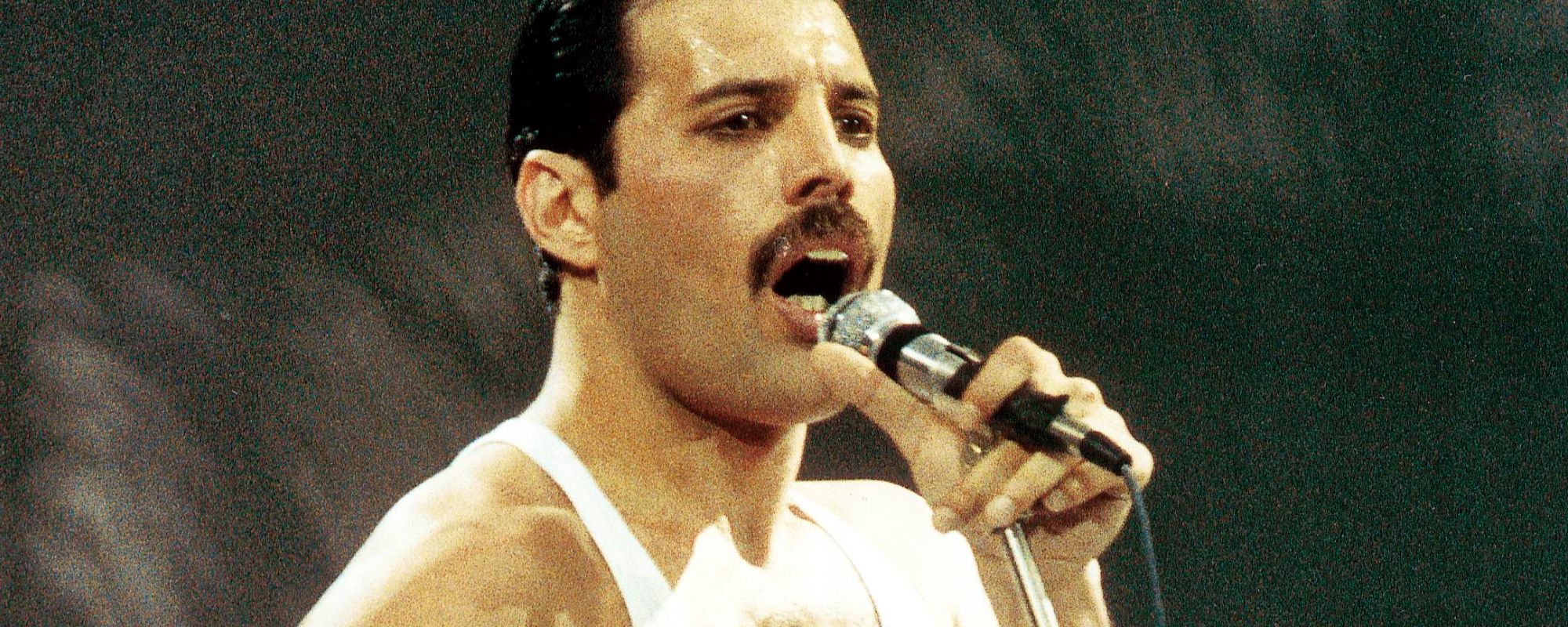
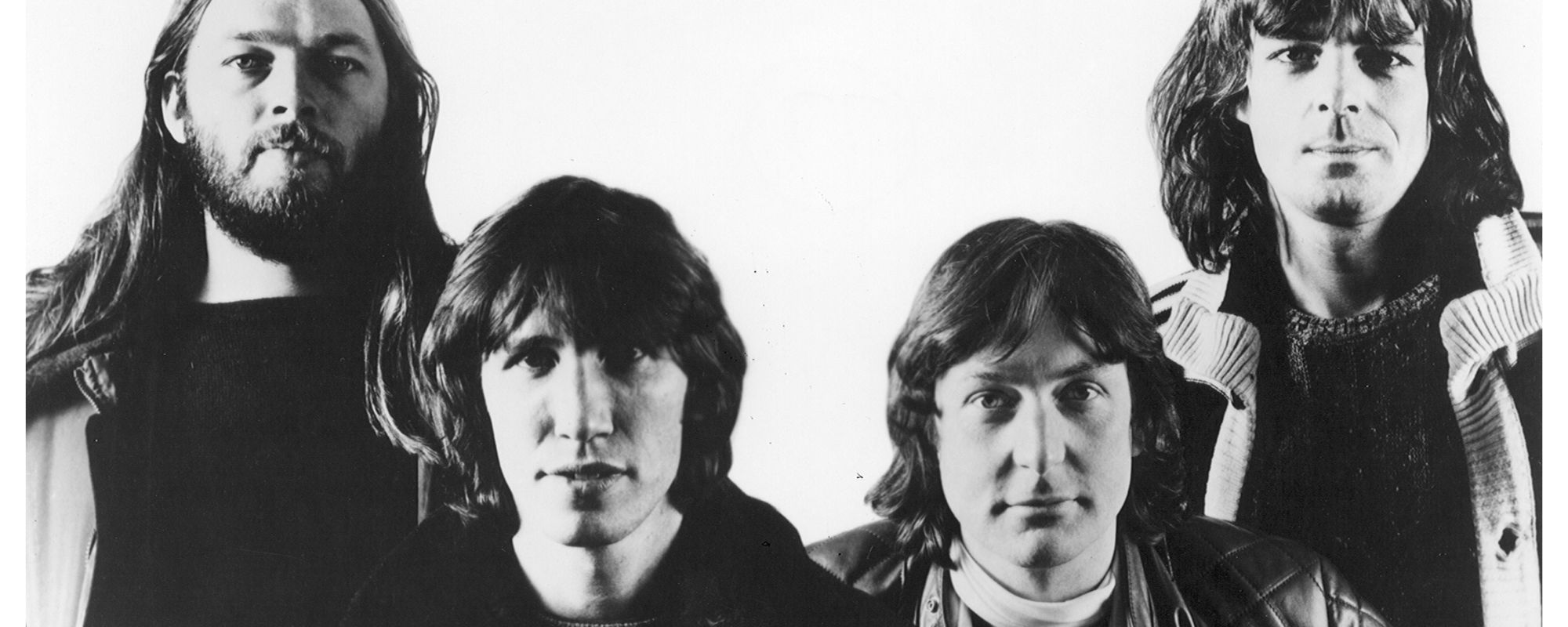


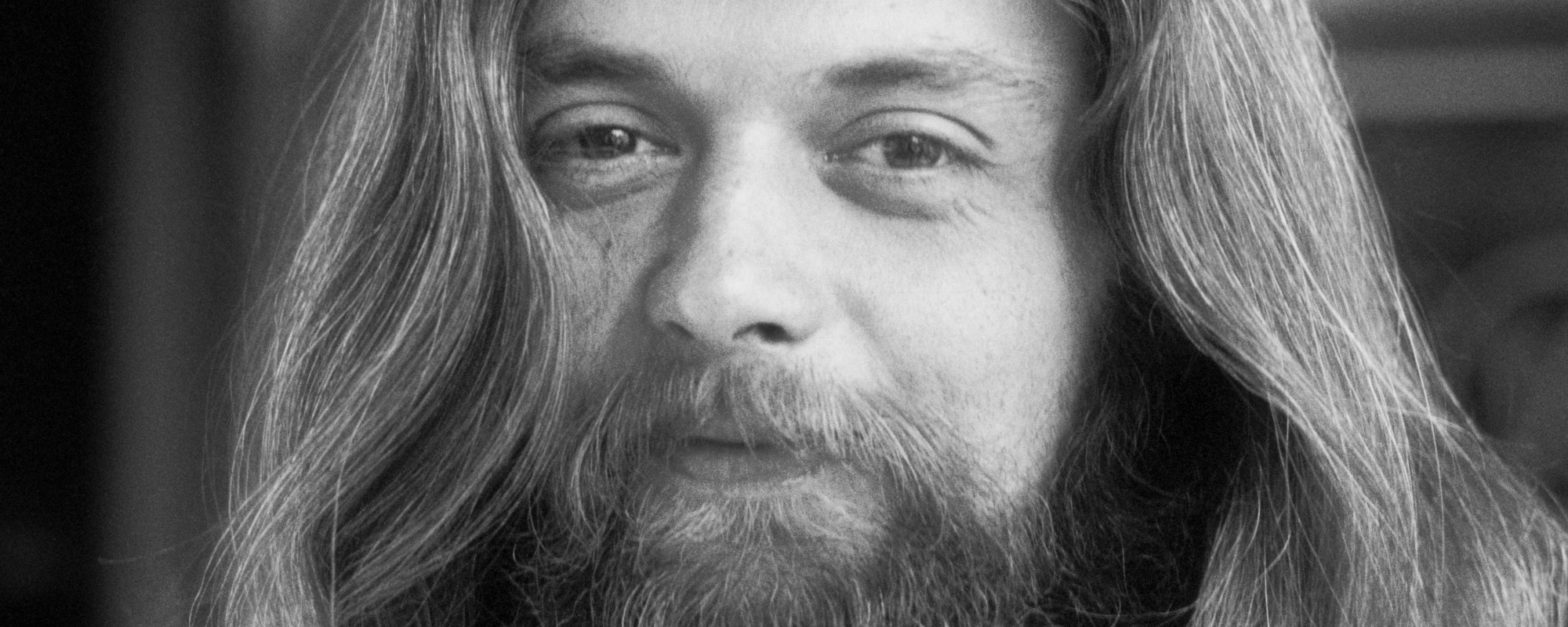

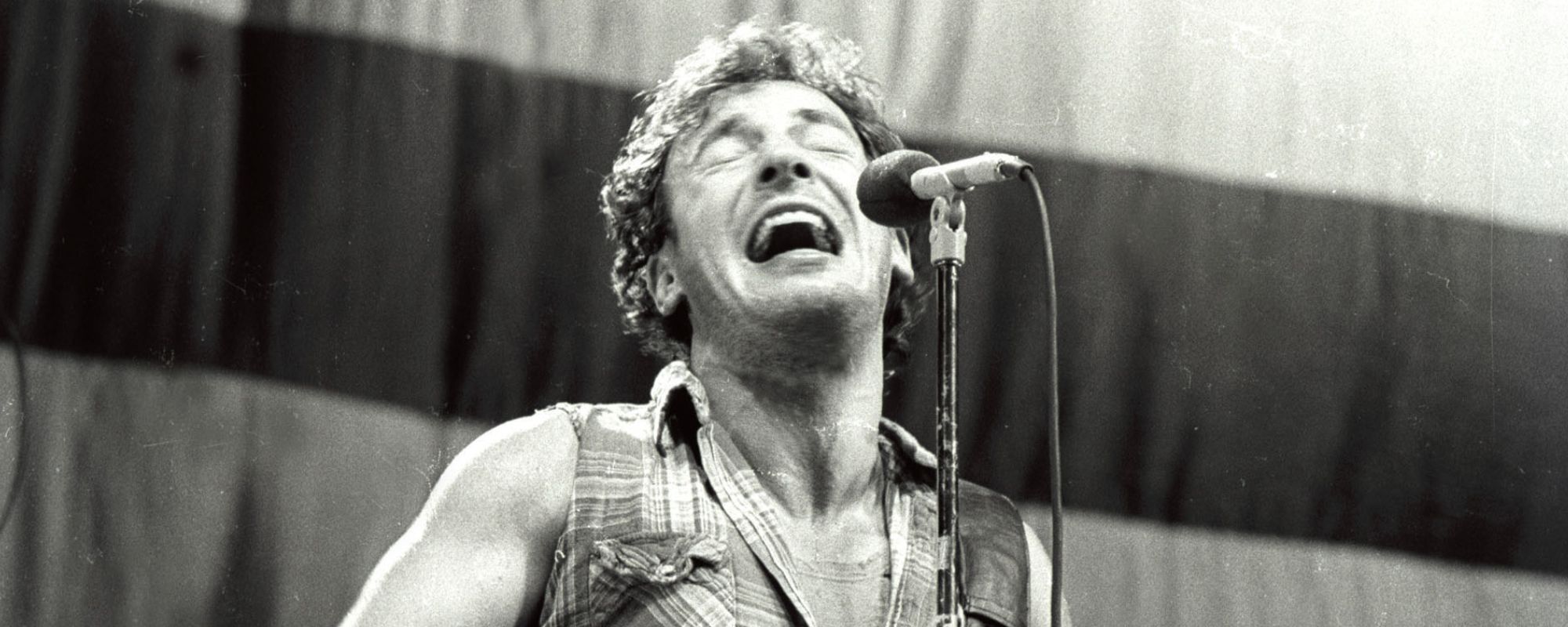
Leave a Reply
Only members can comment. Become a member. Already a member? Log in.